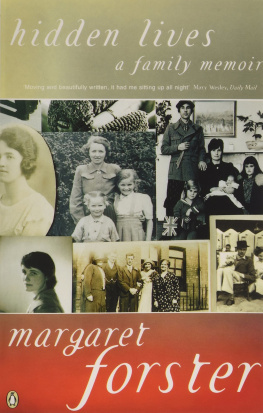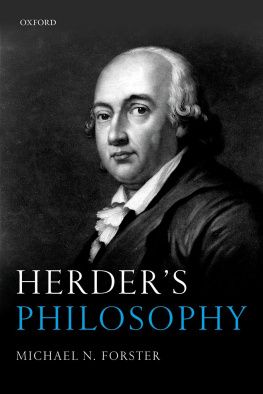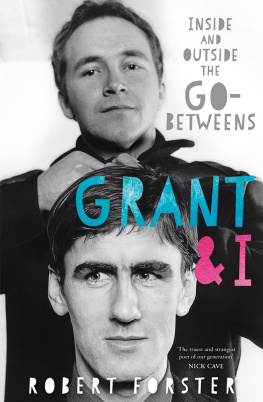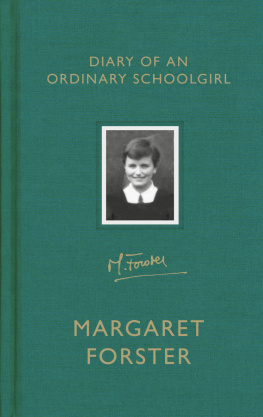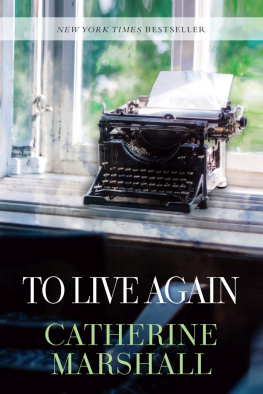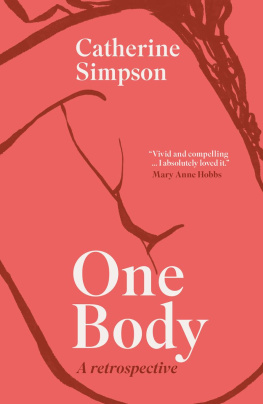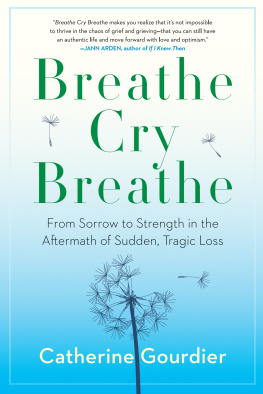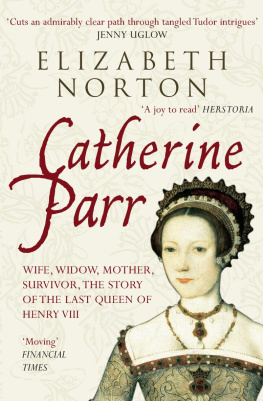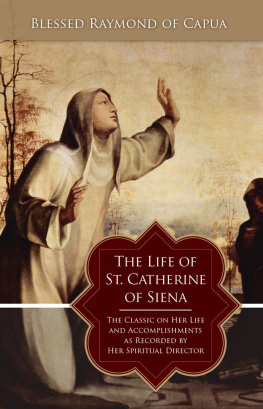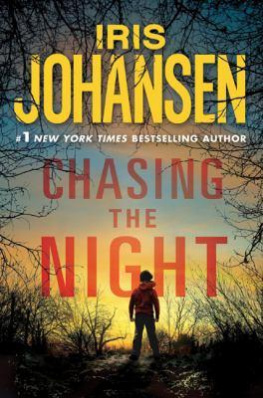Contents
About the Book
A dying woman leaves a sealed box for her baby daughter. Years later, as a young woman, the daughter Catherine finds the mysterious box, addressed to her, full of unexplained objects three feathers, an exotic seashell, a painting, a mirror, two prints, an address book, a map, a hat, a rucksack, and a necklace and she finally starts to unpack, literally and metaphorically, the story of a woman whom she never knew but who has cast a long shadow over her life. Having a perfect, beautiful, dead mother has been a heavy burden to carry, and one she has tended to resent. But now she sets off on the trail of her perfect mother, trying to unravel the truth about a woman who turns out to be more complex, reckless and surprising than her family have painted her. And Catherine has to face up to the truths about herself and the damage that guilt and silence have done to her own relationships. Only when she has come to terms with her dead mother, can she move on, to take up the challenges of her own young life.
About the Author
Born in Carlisle, Margaret Forster is the author of many successful and acclaimed novels, including Have the Men Had Enough?, Ladys Maid, Diary of an Ordinary Woman, Is There Anything You Want? and most recently Isa & May, as well as bestselling memoirs (Hidden Lives and Precious Lives) and biographies. She is married to the writer and journalist Hunter Davies, and lives in London and the Lake District.
ALSO BY MARGARET FORSTER
Dames Delight
Georgy Girl
The Bogeyman
The Travels of Maudie Tipstaff
The Park
Miss Owen-Owen is At Home
Fenella Phizackerley
Mr Bones Retreat
The Seduction of Mrs Pendlebury
Mother Can You Hear Me?
The Bride of Lowther Fell
Marital Rites
Private Papers
Have the Men Had Enough?
Ladys Maid
The Battle for Christabel
Mothers Boys
Shadow Baby
Diary of an Ordinary Woman
Is There Anything You Want?
Keeping the World Away Over
Isa & May
Non-Fiction
The Rash Adventurer
William Makepeace Thackeray
Significant Sisters
Elizabeth Barrett Browning
Daphne du Maurier
Hidden Lives
Rich Desserts & Captains Thin
Precious Lives
Good Wives?
Poetry
Selected Poems of Elizabeth
Barrett Browning (Editor)
For Joan White, of Loweswater
MARGARET FORSTER
The Memory Box

I
SUSANNAH WAS APPARENTLY perfect, as the dead so often become. She was, it seemed, perfectly beautiful, perfectly good, and perfectly happy during her comparatively short life. It was that last bit which made me determined not to have anything to do with her. The idea of anyone being perfectly happy struck me, even as a child, as absurd. How could anyone but a moron be perfectly happy? It made me picture her as someone with a fat smile on her smug face all the time. It made me squirm to imagine this happy-clappy woman, and I did not want to acknowledge her. She wouldnt have liked me. No one was ever going to describe me as a perfect anything (except maybe a perfect nuisance) and certainly not as being perfectly happy. My face more often has a frown on it than a smile So serious, people say of me, as if being serious is a crime. And my nature, far from being sunny, is woefully cynical How suspicious you are, everyone tells me. True. I am suspicious, and lack spontaneity.
Not Susannah. She was apparently a wonderfully spontaneous person. She was said to meet life with open arms, ever buoyant and optimistic. They told me she was happy right up to her death, that everyone marvelled at her serenity. I do not believe a word of this. I think it was an image made up in a misguided attempt to comfort me. How, after all, could she be happy, knowing she was likely to die soon, when she was a mere thirty-one years old and I, her baby, her only and much-longed-for child, barely six months old? Prove to me such a woman was happy then, and I will prove to you she was insane. But nobody has ever spoken to me properly of the circumstances of this distinctly unhappy death. These seem forgotten in the general overview of her life, which I suppose is some kind of tribute to her. Perhaps her death was too tragic for those who loved her to dwell on. It was not, as it turned out, all that tragic for me. I had only just over a year without a mother, and even then I had a grandmother and was not without mothering. I nearly always had a womans loving arms around me; I was kissed and cuddled and sung to by a comforting mother figure. I was never in the least deprived of maternal love.
My father was lucky. He undoubtedly grieved for his young, happy wife, but he was young himself, and attractive and kind, and he very quickly fell in love again and married. I am sure that in terms of months and weeks and days and hours he suffered dreadfully, but he did not sink into absolute despair. Susannahs mother, my devoted Scottish grandmother, looked after me, helped by her other daughter, my Aunt Isabella, and he managed to go on working and have some semblance of private life. He sold the house he and Susannah had lived in and rented a small flat in Edinburghs New Town. Weekdays he stayed there, weekends he came to be with me at my grandmothers house. This system worked well, to everyones satisfaction, I gather, but in any case it was short-lived. He married Charlotte shortly after the first anniversary of Susannahs death had passed and I was given another mother who adored me and whom I quickly adored. He was happy ever after and so far as anyone could tell, and I include myself, never yearned for his dead first wife.
I have a feeling that the existence of the memory box may have troubled him from the beginning. He didnt give it to me until my twenty-first birthday even though it had been in our house all that time, waiting for me to open it. Charlotte knew about it, of course, but neither she nor my father could bring themselves to mention it. I think they thought it would be morbid to do so, and they were afraid of its significance. Neither of them knew exactly what was in the box and though Susannah was so famous for being happy, and therefore could reasonably be counted upon not to have put anything in it which would be distressing, they could not be sure of how I would react to the legacy. I was a highly imaginative child, and they simply didnt know how to introduce this memory box into my life. It was too big a thing to make light of, and yet if they didnt make light of it, its importance might terrify me. Susannah had left no instructions as to when it should be given to me, at what age I should receive it. They thought it best to wait until I was grown up and give it to me on my eighteenth birthday. But I was not at home then, and so they put the presentation off.
Their apprehension strikes me now as curious. What exactly were they afraid of? Did they think I might be shocked, and if so why? It suggests to me an unexpected lack of trust on the part of my father. Charlotte never knew Susannah, so she cannot be blamed for his hesitation. The box, or rather the contents of the box, had, it seemed, been a secret. Susannah had kept them to herself, and maybe this had hurt and somehow alarmed him. She had apparently become obsessed with what she might put in it, almost feverish with a kind of awful excitement, or so my father told Charlotte, who later told me. She had pointed out that the box would have represented to Susannah the future of which she was being robbed and that therefore it was natural she should guard it fiercely, keep it entirely to herself. (Charlotte was good in that way, always trying to put herself into other peoples minds.) At any rate, both of them were visibly uneasy, almost guilty, when eventually on the morning of my twenty-first birthday they told me about it. It was clear they were relieved when I showed little interest in it. I said I didnt want to open it, or even see it.


